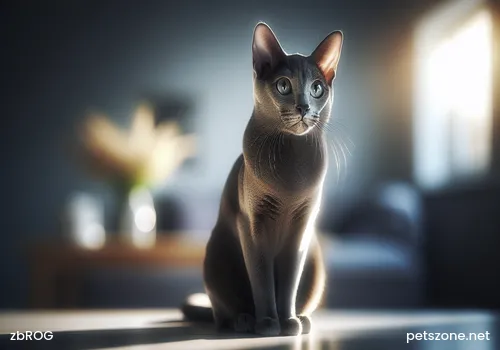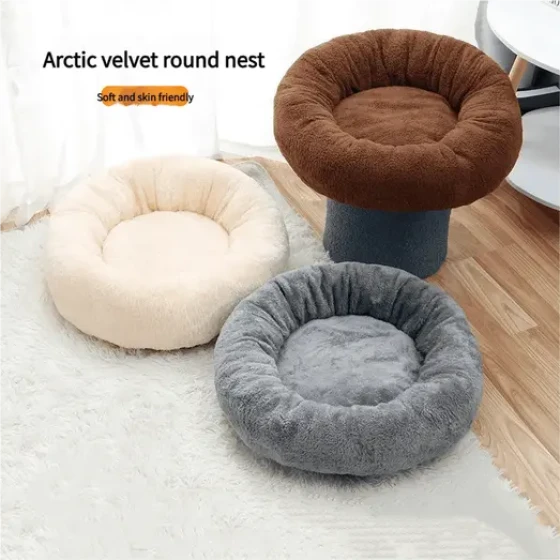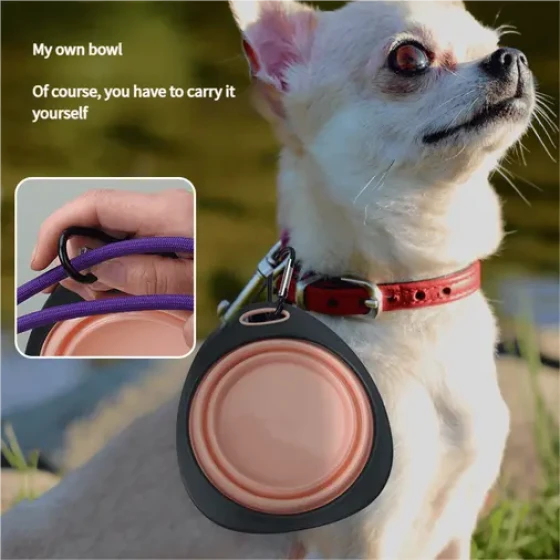The Aristocrat of Cats: Characteristics and Breed Introduction of Russian Blue Cats

Russian Blue (RussianBlue), historically known as Archangel Blue Cat, also acclaimed as the "noble short-haired breed" and the "spirit of winter." Originally from the White Sea coastline or Scandinavian region, its ancestors originated from the cold Siberian territories. Many places call it the "winter spirit." In the 17th century, it was brought to the UK by ships for breeding, nearly went extinct during World War II. The Russian Blue has a slender body, large upright pointed ears, small and round paws, walking as if on tiptoes. It has a silver-blue short coat, paired with a slender and elegant body and light gait, fully displaying the noble demeanor among cats. The Russian Blue cat is quiet and shy, wary of strangers, and reluctant to go outdoors.
The slender and elegant body carries a hint of oriental charm, with sturdy bones and a simply gorgeous coat. The short hair has a velvet-like texture and feel, with a dense undercoat that protects against severe cold. The colors range from gray to blue-gray, exuding a mink-like silver-gray sheen, hence the name Russian Blue. The head is short and wedge-shaped. A medium-length nose bridge forms an almost straight line with the forehead. The eyes are almond-shaped and green in color. Ears are wide, large, and upright, with a transparent look. Limbs are slender and paws are perfectly rounded. Tail is long, smooth, and tapered.
Head: short and wedge-shaped with straight lines; skull and forehead flat; medium length muzzle; straight nose bridge without a break; strong chin.
Nose: medium length.
Chin: medium height, jaw extends vertically from the end of the nose to the chin.
Paws: small, slightly rounded; five toes on front legs and four on hind legs.
Body: long, exotic type, fine to medium-sized bone structure; muscular development.
Limbs: long legs with fine bones, small round paws in an oval shape.
Tail: long and straight, proportional to the body, tapering from a moderately thick base to a rounded tip.
Ears: large, wide at the base, tips tilted forward, slightly rounded; ear skin thin and transparent with almost no internal fur.
Eyes: large, wide-spaced, almond-shaped, slightly slanted. Color: vivid green; kittens’ eyes range from yellow to green, with final color set by one year old.
Body shape: slender, elegant body with a touch of oriental style, sturdy bones, and a simply gorgeous coat; short hair with velvet-like texture and feel, dense undercoat to resist cold, gray to blue-gray colors with a mink-like silver-gray sheen, hence called Russian Blue.
Coat: short, dense, and fine with a long-haired feel; hairs spread outward from the body, soft, silky texture; double coat with a very thick underlayer; uniformly blue-gray color with a silver sheen caused by silver-tipped hairs; kitten birthmarks are acceptable but disappear before one year of age; prolonged sun exposure deepens coat color; black and white variants developed in Europe and New Zealand are recognized by GCCF.
Note: Allowed crossbreeds include NEBELUNG cats; Russian Black and Russian White colors are accepted as follows.
Blue Cat: Unique fur texture resembling seal skin; color should be medium-depth pure blue with a silver sheen; nose and paw pads are also blue, except in kittens; almond-shaped eyes should be non-emerald green.
Faults: square, round, or Siamese heads; round or yellow eyes; weak chin; bloated, short, thick body; overly thick tail base; dense coat with patterns or white spots.
Characteristics: lively, athletic, playful, but prefers a quiet environment; dislikes noise and commotion; conservative and shy with strangers; very sensitive, loving, and emotionally devoted; soft voice. (Source:PetsZone)





